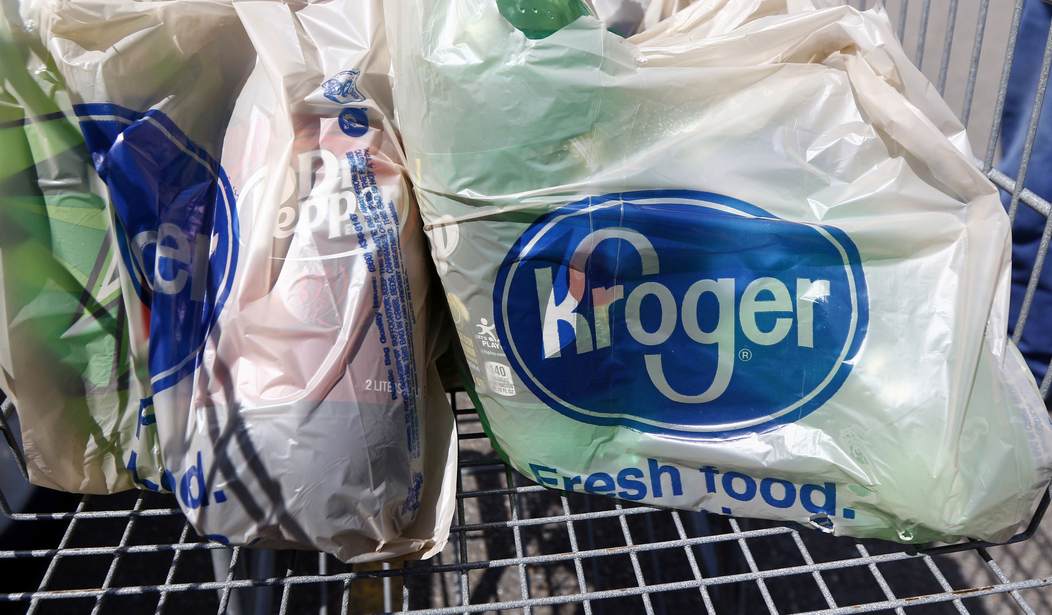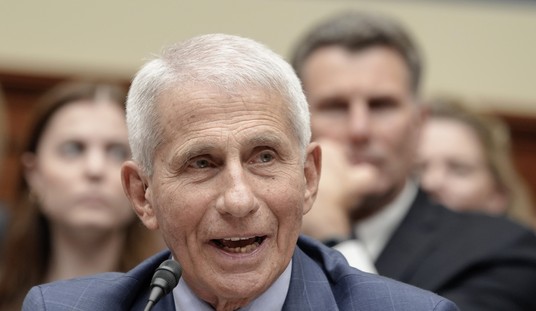With the stroke of a pen, Californians will no longer be offered plastic bags at the grocery checkout lane. On Sunday, Gov. Gavin Newsom signed legislation that bans all plastic shopping bags beginning in 2026.
Up until this point, California had done away with thin plastic bags, but still offered shoppers thicker ones that were said to be reusable. Not anymore, however. Now consumers will only be offered a paper bag if they fail to bring their own reusable totes.
“Plastic bags create pollution in our environment and break into microplastics that contaminate our drinking water and threaten our health,” California Public Interest Research Group director Jenn Engstrom told the Associated Press. “Californians voted to ban plastic grocery bags in our state almost a decade ago, but the law clearly needed a redo. With the Governor’s signature, California has finally banned plastic bags in grocery checkout lanes once and for all.”
According to Environment America Research & Policy Center, a dozen states have some kind of plastic bag ban.
National Review’s Noah Rothman detailed how New Jersey’s bag ban backfired.
The first of many unanticipated consequences associated with the Garden State’s prohibition on the distribution of shopping bags was the sudden disappearance of shopping carts and baskets from grocery stores. “They are just disappearing,” the CEO of Food Circus Super Markets complained. “I may actually have to just do away with them soon, can’t afford to keep replacing them.” Of course, the additional costs borne by grocers are passed on to consumers.
But that isn’t the only pricy imposition on New Jerseyans who prepare and consume food. Alternative shopping-bag sales skyrocketed in the state, as one might expect. “An in-depth cost analysis found a typical store can profit $200,000 per store location from alternative bag sales,” the Institute for Energy Research revealed. “For one major retailer, it amounted to an estimated $42 million in profit across all its bag sales in New Jersey.” It’s not that New Jersey residents were rigorous in their observation of the ban but that they are so often compelled to buy ever more shopping bags as a result of their own failure to keep a ready supply of totes with them at all times.
As Democratic New Jersey state senator Bob Smith observed, “the number of these bags are accumulating with customers.” New Jersey residents are drowning in reusable bags that rarely get reused. And because it requires a greater investment of energy and resources to make an ecofriendly shopping bag, the environmental benefits plastic-bag-banners envisioned are unlikely to be realized. (National Review)
Recommended
Indeed, according to some studies, plastic bag consumption has skyrocketed since the Garden State's ban, going from 53 million pounds of plastic shopping bags used prior to the ban to 151 million pounds since.
"Following New Jersey’s ban of single-use bags, the shift from plastic film to alternative bags resulted in a nearly 3x increase in plastic consumption for bags," according to a study published from Freedonia Custom Research, which also found much of the material in reusable bags is not widely recycled.
























Join the conversation as a VIP Member